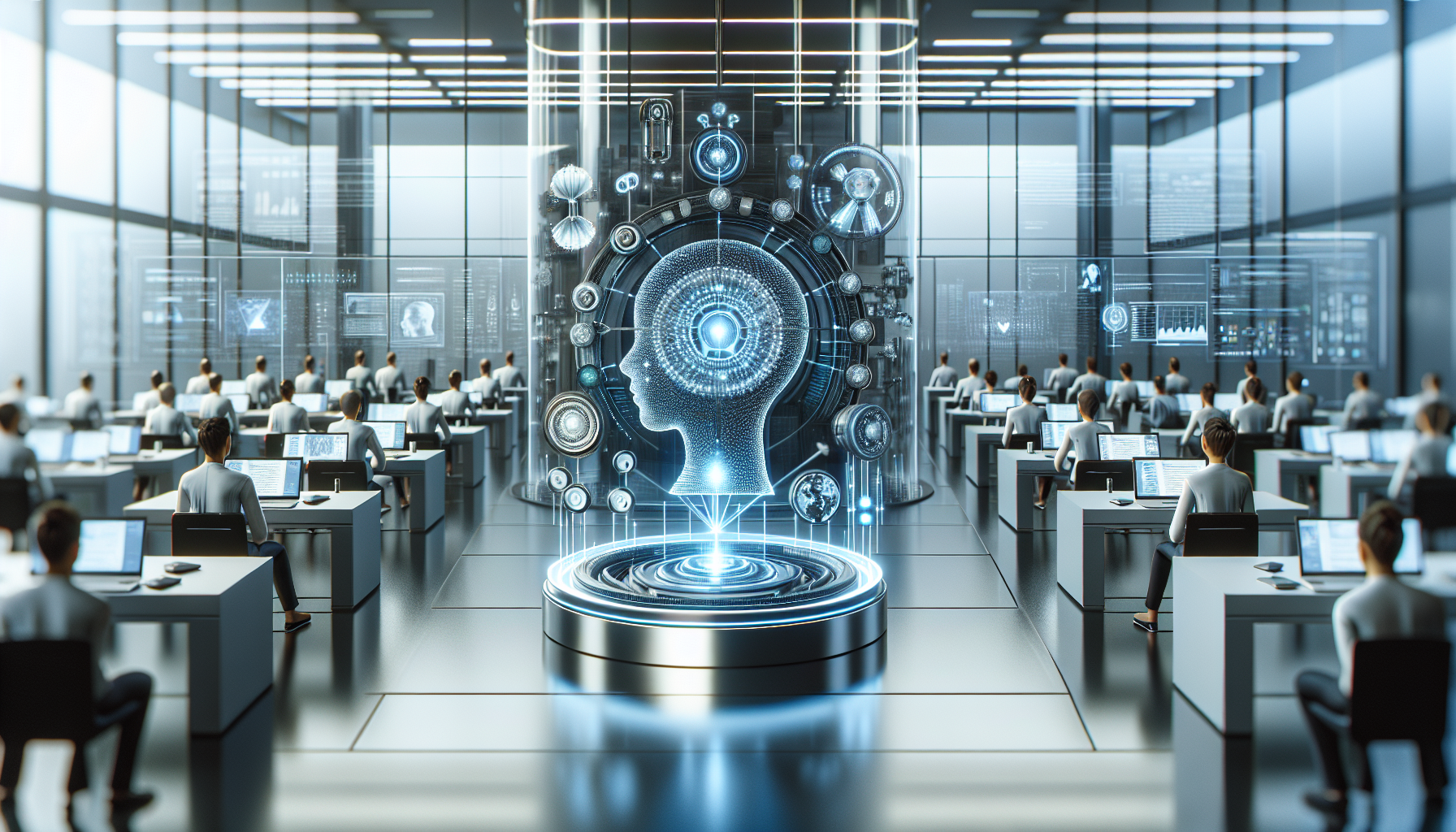
AI for Social Good: How Technology is Transforming Global Challenges
April 9, 2025
Artificial intelligence is often portrayed as a futuristic, robotic presence, but it is the here and now, reshaping how we tackle some of the world's most pressing issues. Far from the dystopian narratives of machines usurping human roles, AI is becoming a pivotal player in driving social good, addressing challenges we once thought insurmountable. From healthcare to environmental sustainability, AI is not just a tool but a force for profound change.
Imagine a world where healthcare is accessible to everyone, regardless of geographical barriers. AI is making this vision a reality by facilitating remote diagnostics and personalized medicine. Through machine learning algorithms, medical professionals can now predict patient outcomes more accurately and tailor treatments to individual genetic profiles. This not only improves efficiency but also democratizes healthcare, bringing high-quality medical attention to underserved populations. AI's role in healthcare is a testament to its potential for creating equitable systems that prioritize human well-being.
Environmental sustainability is another area where AI is making significant strides. Climate change, a daunting challenge with far-reaching impacts, requires innovative solutions—and AI is delivering. By analyzing vast amounts of climate data, AI models can predict environmental changes with unprecedented accuracy. This empowers policymakers and scientists to devise better strategies for conservation, resource management, and reducing carbon footprints. Furthermore, AI-driven agricultural technologies are helping farmers optimize crop yields, ensuring food security in the face of growing global populations.
Education, too, is undergoing a transformation powered by AI. Personalized learning platforms are revolutionizing how students engage with educational content, adapting to individual learning styles and paces. This customized approach fosters a more inclusive educational environment, catering to diverse needs and ensuring that no student is left behind. AI's capabilities in processing and analyzing educational data also enable educators to refine curricula, enhancing the overall learning experience.
In disaster management, AI is proving invaluable. Predictive analytics and real-time data processing allow for faster and more efficient responses to natural disasters. AI systems can analyze satellite images to assess damage in affected areas, making it easier for relief organizations to allocate resources effectively. This capability not only saves time and money but, most importantly, lives. As natural disasters become increasingly frequent and severe, AI stands as a crucial ally in mitigating their impact.
While AI's contributions to social good are undeniable, it's important to address the ethical considerations and potential pitfalls. Concerns around data privacy, algorithmic bias, and the digital divide must be addressed to ensure that AI's benefits are shared equitably. Initiatives promoting transparency and accountability in AI development are crucial for building trust and ensuring that technology serves humanity's best interests.
Moreover, the collaboration between governments, private sectors, and non-profit organizations is essential for harnessing AI's full potential. Public-private partnerships can drive innovation and accelerate the deployment of AI solutions where they are most needed. By fostering an environment of cooperation and shared objectives, we can ensure that AI not only advances technologically but also aligns with ethical and societal values.
AI's ability to process and analyze data at an unparalleled scale is transforming how we approach problem-solving. It is not merely a tool for efficiency but a catalyst for redefining our approach to global challenges. By embracing AI's potential for social good, we are not just imagining a better future—we are actively creating it.
As we stand on the brink of this technological evolution, the question remains: How can we further harness AI's potential to create a more sustainable, equitable, and prosperous world? The possibilities are vast, and the journey is just beginning. By continuing to innovate and collaborate, we can ensure that AI remains a force for good, shaping a future where technology and humanity thrive together.


